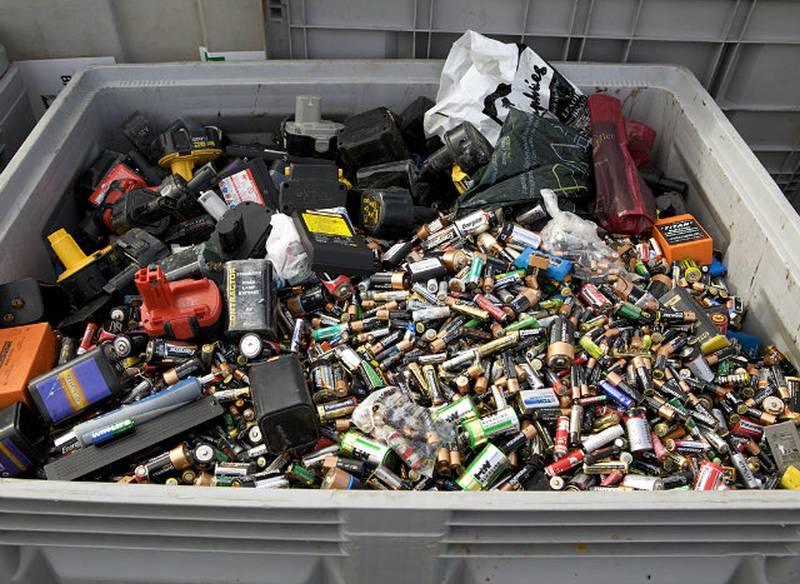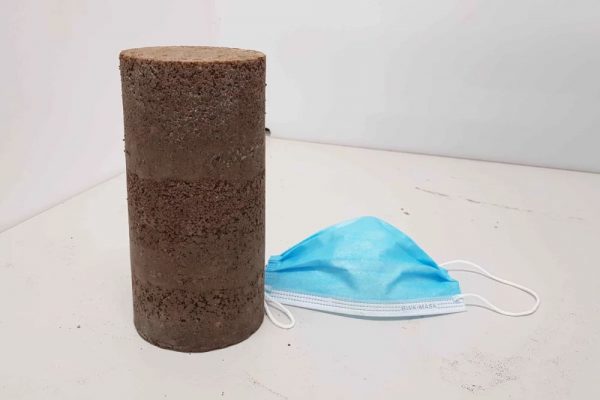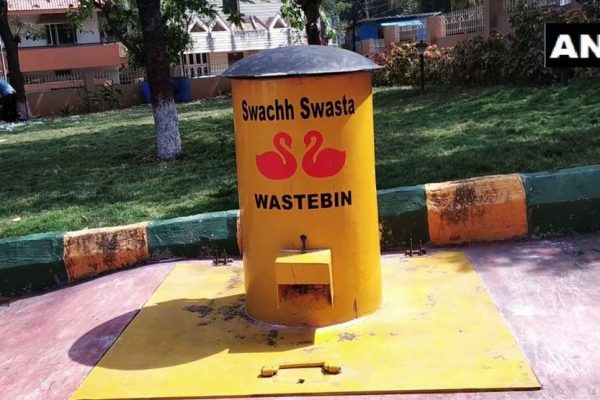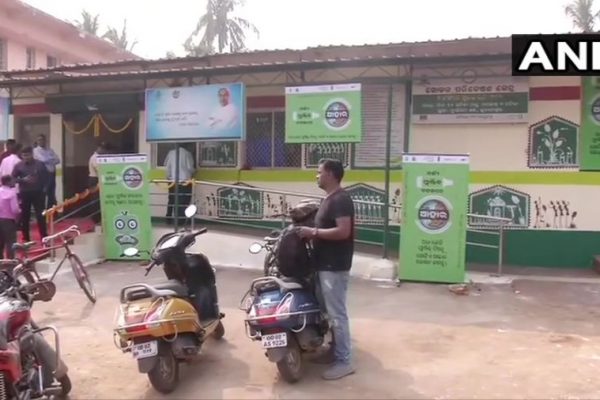Government Drafts New Battery Waste Management Rules to Ensure Safe Disposal
Besides plastic waste, unsafe disposal of e-waste has posed a great threat to the environment. To ensure safe disposal and organised recycling of batteries at the end of their life, India’s Ministry of Environment, Forest and Climate Change (MoEFCC) has issued the draft version of Battery Waste Management Rules, 2020.
On implication, the new rules will replace the earlier Batteries (Management and Handling) Rules, 2001, with amendments made to make sure that disposal of batteries doesn’t have any negative impacts on the environment.
According to the draft, the rules apply to,
Every manufacturer, producer, collection center, importer, re-conditioner, re-furbisher, dismantler, assembler, dealer, recycler, auctioneer, vehicle service center, consumer and bulk consumer involved in manufacture, processing, sale, purchase, collection, storage, re-processing and use of batteries or components there of including their components, consumables and spare parts which make the product operational.
The manufacturers are required to file annual return of their sales and buy-back to the State Pollution Control Board (CPCB) by December 31 every year. They shall set up collection centers individually or jointly at different places for collection of used batteries from customers or dealers, and make sure that used batteries collected are sent to the registered recyclers only.
In addition, manufacturers shall collect harmful waste generated during the production process of any battery and set it up for recycling or disposal.

Image: iPodcast
CPCB or an agency designated by it will keep online track of the distribution and sale of batteries, as well as the collection, auction, transport and re-processing of used batteries will also be monitored.
The CPCB will prepare guidelines for battery recycling facilities, standardisation of technologies for all types of battery recycling, technology transfer, standards for battery waste recycling and waste disposal out of recycling facilities, and establishment of R&D cell for the recycling process.
Batteries covered include Lithium-ion, lead-acid, magnesium-ion, nickel-cadmium, nickle-hydrogen, zinc-air, aluminum-air, rechargeable fuel, and sodium-sulphur. Except for those used in military equipment, space exploration equipment, emergency and alarm systems, emergency lighting and medical equipment, the rules apply to all batteries.
Before bringing the notification into effect, the Ministry of Environment has given 60 days to the public to make objections or suggestions regarding the rules.
Via: PV Magazine


